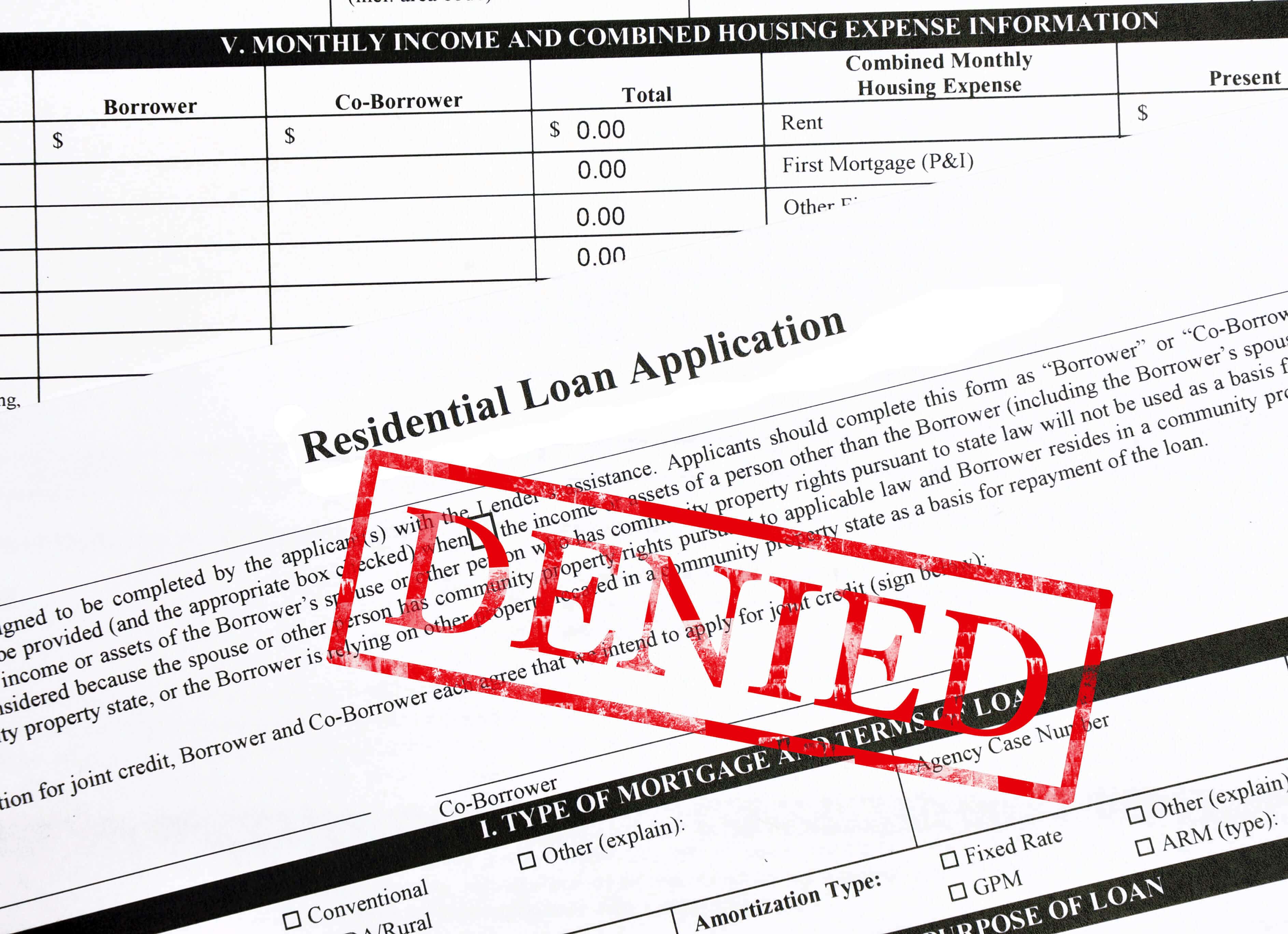Complimentary Phone Consult with an Attorney Today
New Employment Cases 334-237-7773Discrimination remains all-too-common in the workplace. No one deserves to be treated differently based on what they are rather than who, least of all when they’re trying to make a living. Worse, some might be attacked, threatened, or harassed for reporting discrimination. If you feel you have experienced workplace discrimination and retaliation for reporting it, you need an experienced attorney by your side who is committed to aggressively advocating for your rights and interests.
The attorneys at Barrett & Farahany have been standing up for victims of discrimination and retaliation in Alabama and Georgia for decades. We have dedicated our careers to providing a strong voice for those who are mistreated through no fault of their own and do not know where to turn for legal help.
Our attorneys have in-depth knowledge of this area of the law and work closely with clients to provide skilled and personalized representation. Our efforts work to help ensure that those responsible for discrimination are held fully accountable. For free consultations, call now at 334-237-7773 or online.


Employment Discrimination
Under federal law, it is unlawful for an employer to take any employment action against an employee based on who they are or what they believe. An employer cannot discriminate against someone because of their age, race, sex, religion, pregnancy, disability, natural origin, or other protected class.
They also cannot commit an adverse employment action against an employee for discriminatory reasons. Adverse employment actions include:
- Termination
- Demotion
- Failure to promote
- Reduction in work hours
- Unfavorable job assignments
- Involuntary transfers
Even “at will” employees are entitled to the legal protections afforded by the statutes. This means that employees have the right to sue employers who have engaged in discrimination and to seek monetary damages and attorney’s fees.
Workplace Retaliation
It’s the plot of horror stories: First, an employee reports their employer’s financial or environmental misconduct or stands up for a coworker who is being harassed. Then their job or – in extreme cases – their physical safety is threatened.
Workplace retaliation is more common than you may realize and just as serious. According to the Equal Employment Opportunity Commission (EEOC), the agency responsible for investigating charges of employer misconduct, retaliation represented 56.0% percent of claims in 2021. This percentage is more than double what it was ten years prior, which means the problem is only getting worse. In addition, PBS reported that seven in ten workers who report sexual harassment experience payback from their employers.
With the avid assault on employees by employers who don’t care about the law, your main course of justice and protection is filing a lawsuit with the help of workplace retaliation attorneys.

The Americans with Disabilities Act In Greater Detail
The Americans with Disabilities Act (ADA) mandates employers to treat all employees fairly, regardless of an employee’s ability to:
See
Hear
Walk
Speak
Breathe
Read
Learn
Think
Focus
Communicate
Perform Manual Tasks
Care for Themselves
The ADA also mandates employers to provide reasonable accommodations to employees with disabilities regarding their schedule, equipment, access to facilities, and more. Exceptions can be made if the employer can prove that a current or potential employee’s disability would prove a danger to them or other employees, even with reasonable accommodations.
The ADA covers more than just Americans with disabilities in the workplace. Government entities are required to provide equal opportunity for individuals with disabilities to benefit from their programs, services, and activities.
For example, government entities are required to follow architectural standards to accommodate those with disabilities in newly constructed buildings and make reasonable, necessary modifications to older buildings to make it possible for those with disabilities to obtain access. The ADA also covers public transportation, businesses, and non-profit service providers. Each requires equal accessibility in public accommodations for individuals with disabilities.
Housing Discrimination
Passed in 1968, The Fair Housing Act prohibits you from being denied renting, buying, or securing financing for housing due to your race, national origin, religion, sex, disability, and/or the presence of children. Individuals and entities that must comply with the Fair Housing Act include:
- Landlords
- Real estate agents
- Banks, mortgage, and finance companies
- Insurance providers
- Homeowner Associations (HOAs)
- Builders
- Developers
- Advertisers
- Nursing Homes
- Colleges and universities
- Municipalities
- Government agencies
If you feel you have been denied housing due to any of the above reasons, please call us, so we can stand up for your rights.


What Protections Do You Have Against Workplace Retaliation?
Federal regulations make it unlawful for an employer to retaliate against a worker who engages in conduct that the law protects. This includes:
- Trying to oppose or remedy illegal discrimination in the workplace
- Refusing to engage in conduct you believe to be unlawful
- Blowing the whistle on company misconduct
- Protesting an employer’s refusal to allow you to take legally protected leave
While the fact that you have legal protections does not deter many employers, filing a lawsuit in response will. What makes this even more important is the effect retaliation can have on the workplace as a whole. A business’s “open door” policy can be devastating to company morale. Furthermore, if you are punished for speaking up, your coworkers will think twice about reporting any company wrongdoing in the future.
Determining If You’re a Victim of Retaliation at Work
Workplace retaliation, by definition, is not bullying or harassment, though they are aspects of it. Rather, retaliation is an act that is “materially adverse” and likely to “dissuade a reasonable worker from making or supporting a charge of discrimination.” As stated, unlawful retaliation typically takes the form of demotion, threats, or termination, but as a result of a recent Supreme Court decision, it does not have to be confined to employment or occur at the workplace.
Retaliation in the workplace is based on fear. When a manager or the company itself is backed up against the wall for a violation, they are going to use their power to make the problem go away. The easiest way is to push the whistleblower out of the organization. However, the law is on your side. The EEOC, the Sarbanes-Oxley Act, the Environmental Protection Agency, and a number of other federal acts and agencies have provisions to protect tipsters from retaliation.
What Are Protected Activities?
As defined by the EEOC, employers are legally protected from workplace retaliation only if they have engaged in “protected activity.” This include the following:
- Refusing to follow a supervisor’s order to carry out an illegal or discriminatory act.
- Complaining to others about the company’s discriminatory practices. This includes those aimed at oneself or another party.
- Filing an official discrimination complaint with the EEOC.
- Participating in an official investigation into the company’s discriminatory practices.
- Requesting reasonable workplace accommodations as provided by law (e.g., the Americans with Disabilities Act).
It’s worth pointing out that the law provides these protections to employees so long as they are acting in good faith. This means that they cannot be subjected to retaliation even if the basis of the complaint is later judged to fall below the standard required to prove illegal behavior.
For instance, an employee who is fired for filing a sexual harassment complaint can sue under retaliation laws even if it is determined that the incident(s) that triggered the complaint did not qualify as harassment under the legal definition. If the complaint had a reasonable basis—i.e., the employee wasn’t merely lying outright for malicious reasons—then the retaliation laws remain in effect.

Who is Protected?
Any employee who engages in protected activity is protected by workplace retaliation laws. These laws also extend to those closely associated with a party that engages in protected activity. This includes a co-worker who aided an employee in preparing a discrimination claim, their spouse/partner who may or may not have the same employer, and dependents who use the employee’s benefits.
What Workplace Retaliation Isn’t
Workplace retaliation laws protect workers from unjustified loss of employment and unjust denial of advancement opportunities. They do not cover relatively minor phenomena such as “coldness” towards an employee who has initiated a discrimination claim.
In addition, employees are required to exercise sound judgment when engaging in protected activity. It is one thing to calmly inform a supervisor about illegal or discriminatory activities, and another to threaten a co-worker with violence.
Talk To An
Attorney Today
By providing a telephone number, e-mail address, and submitting this form, you are consenting to be contacted by e-mail & SMS text message. Message & data rates may apply. You can reply STOP to opt-out of further messaging.








